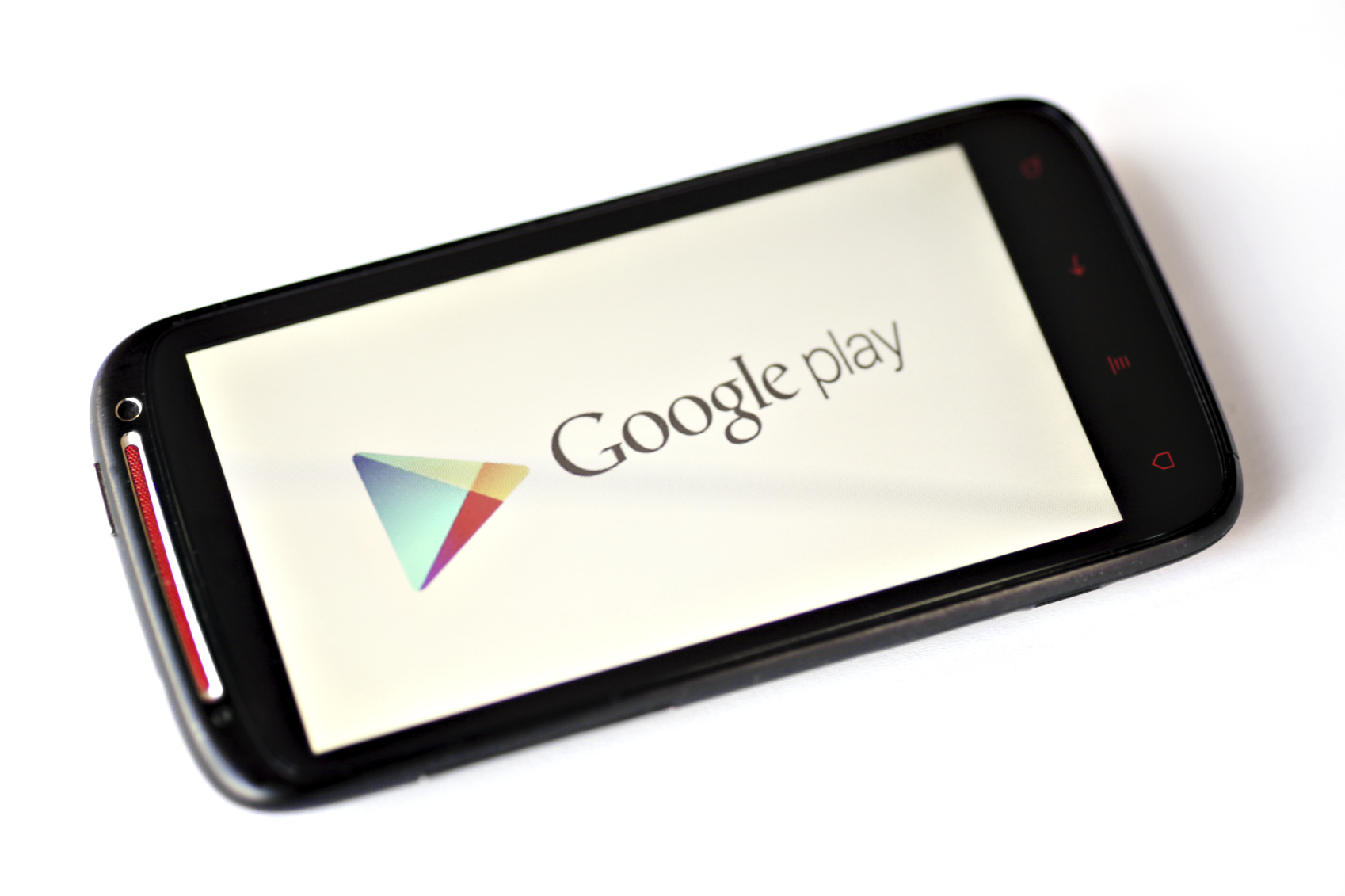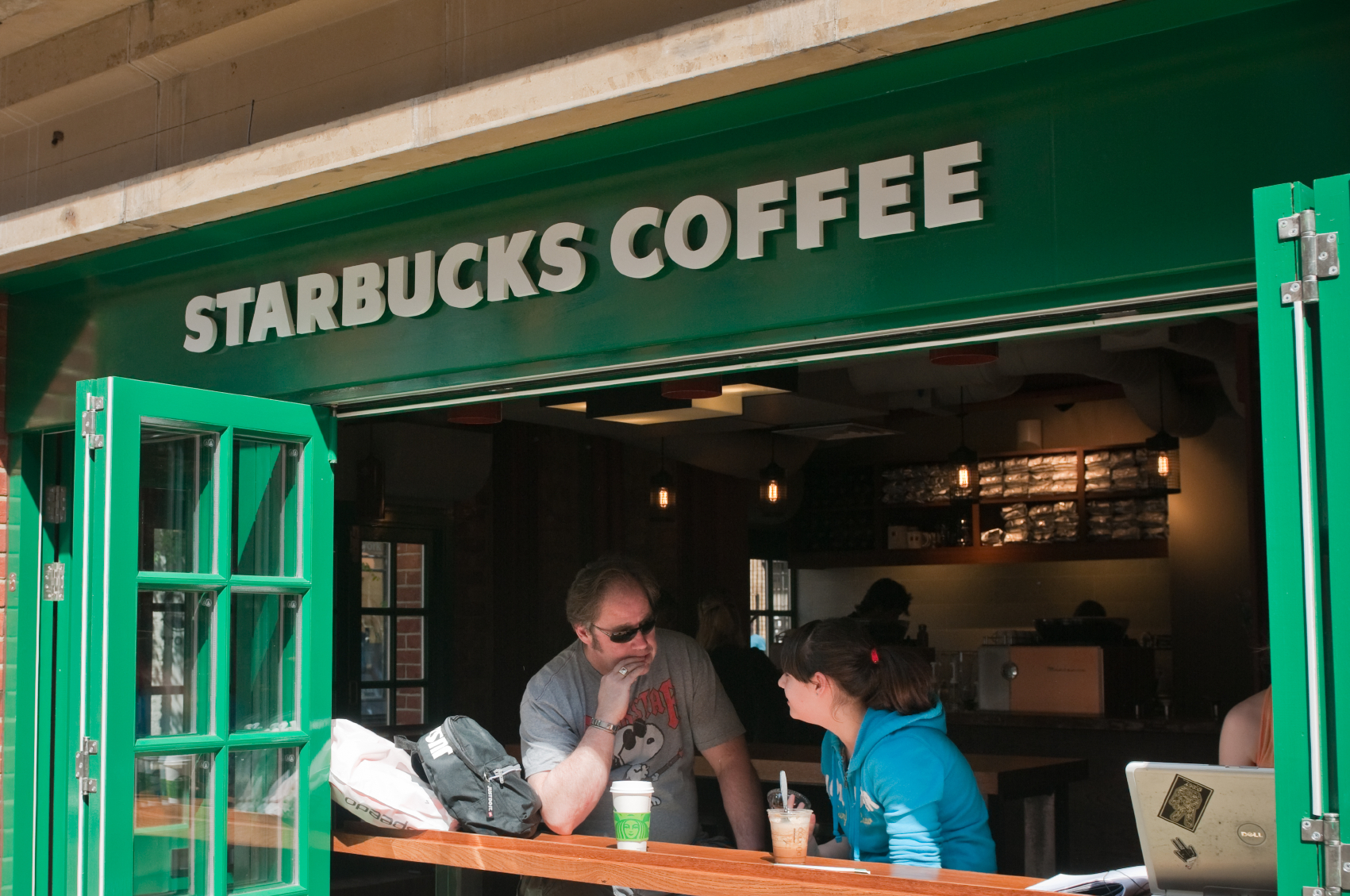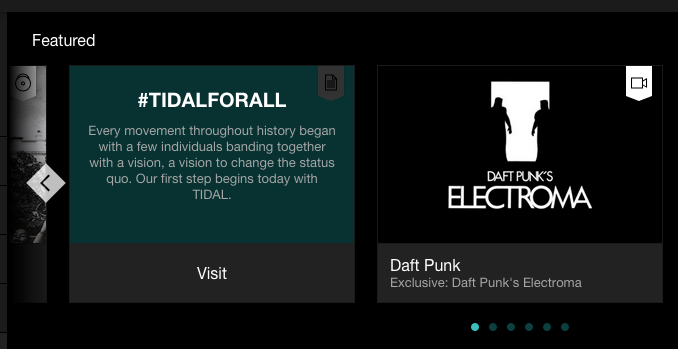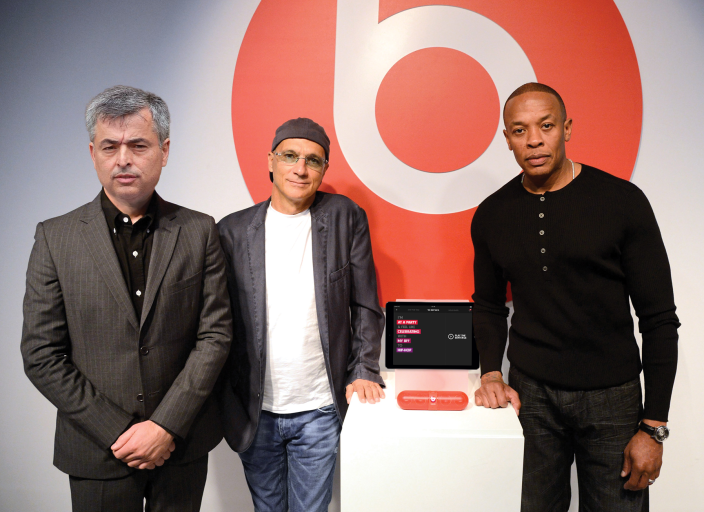Read original story on: AdWeek
Merely one day after the music industry was consumed by the brilliant co-promotional spectacle orchestrated by Taylor Swift and Apple Music, Google hijacked the headlines with a surprising launch of a free, ad-supported tier of its $9.99 per month Google Play Music streaming service. Less like Spotify and closer to Pandora, this new free tier will not allow users unfettered access to specific songs on demand, but rather offers curated playlists and algorithm-based radio channels.
Obviously, when it comes to competing for ad dollars, Google has one great advantage over its competitors—the vast amount of user data. Both Pandora and Spotify have worked to add better targeting options, but they pale in comparison to Google’s trove of data from search and email unified under a login account. Back in early 2012, Google specifically modified its privacy policy to allow for user data to be shared across the various products and services it provides. If Google can deliver a highly customizable ad unit that leverage the data it harnessed into targeting tools, which they probably will, this free version of Google Play Music just might grow into the next great ad platform for brands and advertisers alike.








